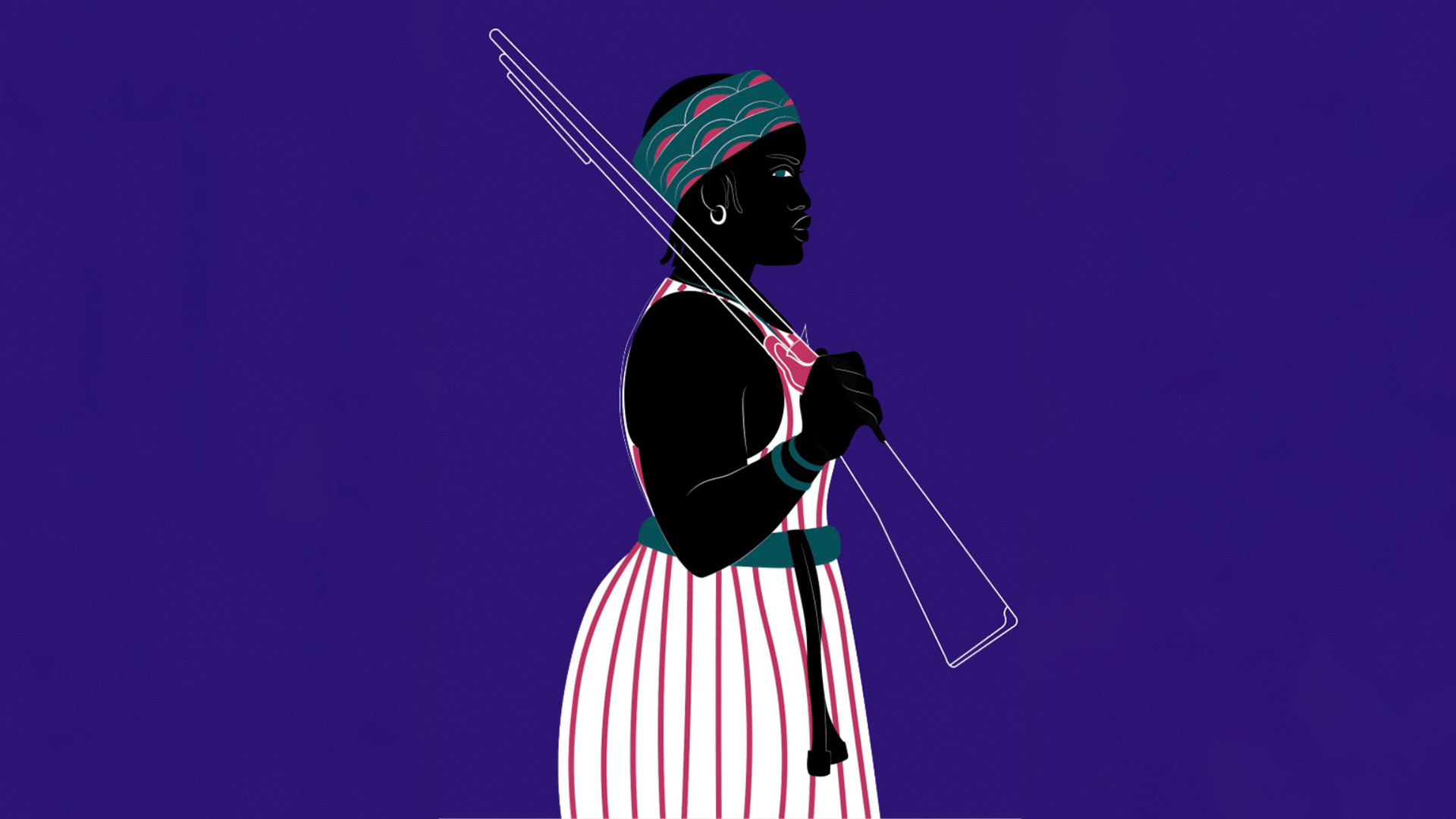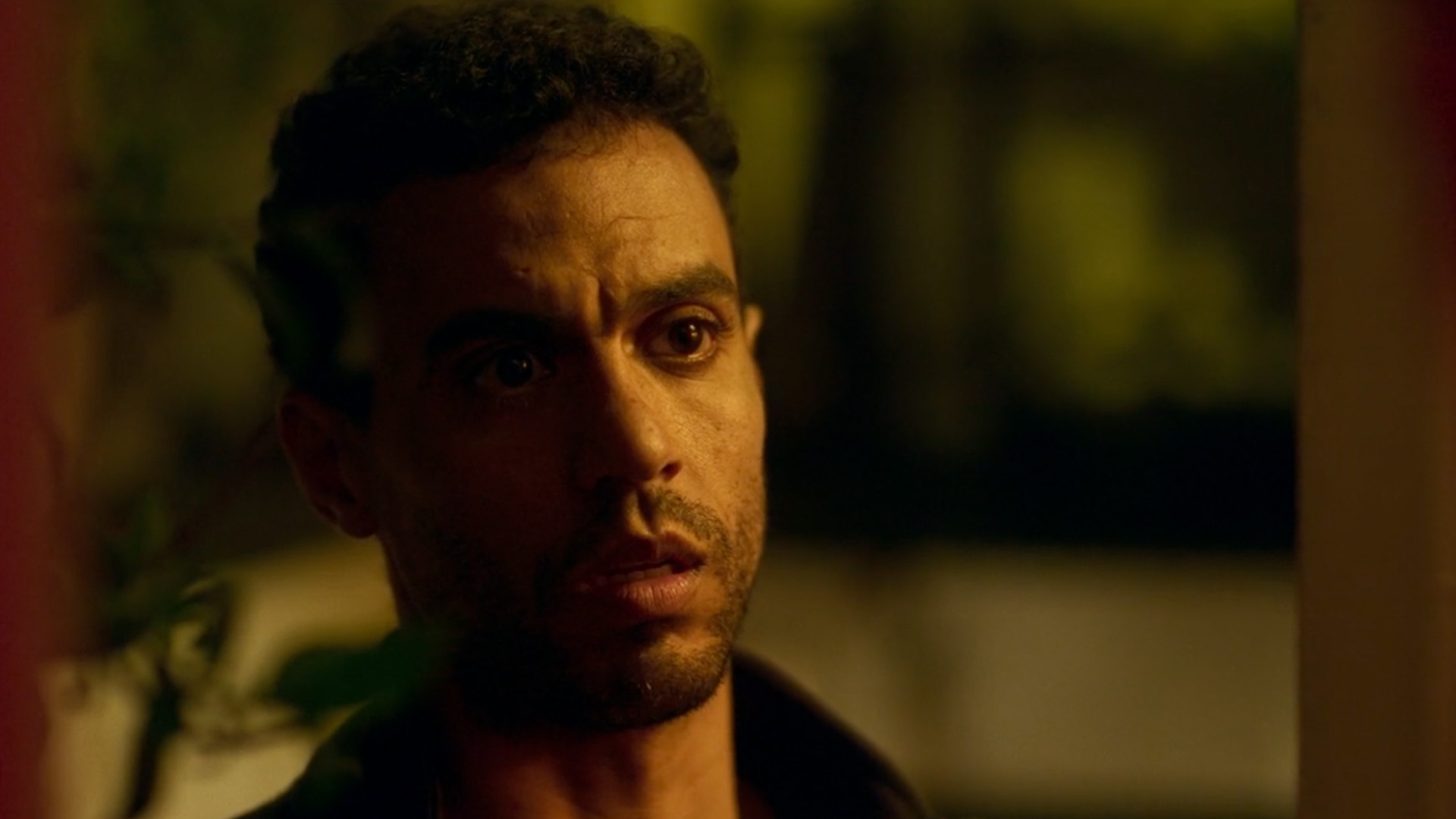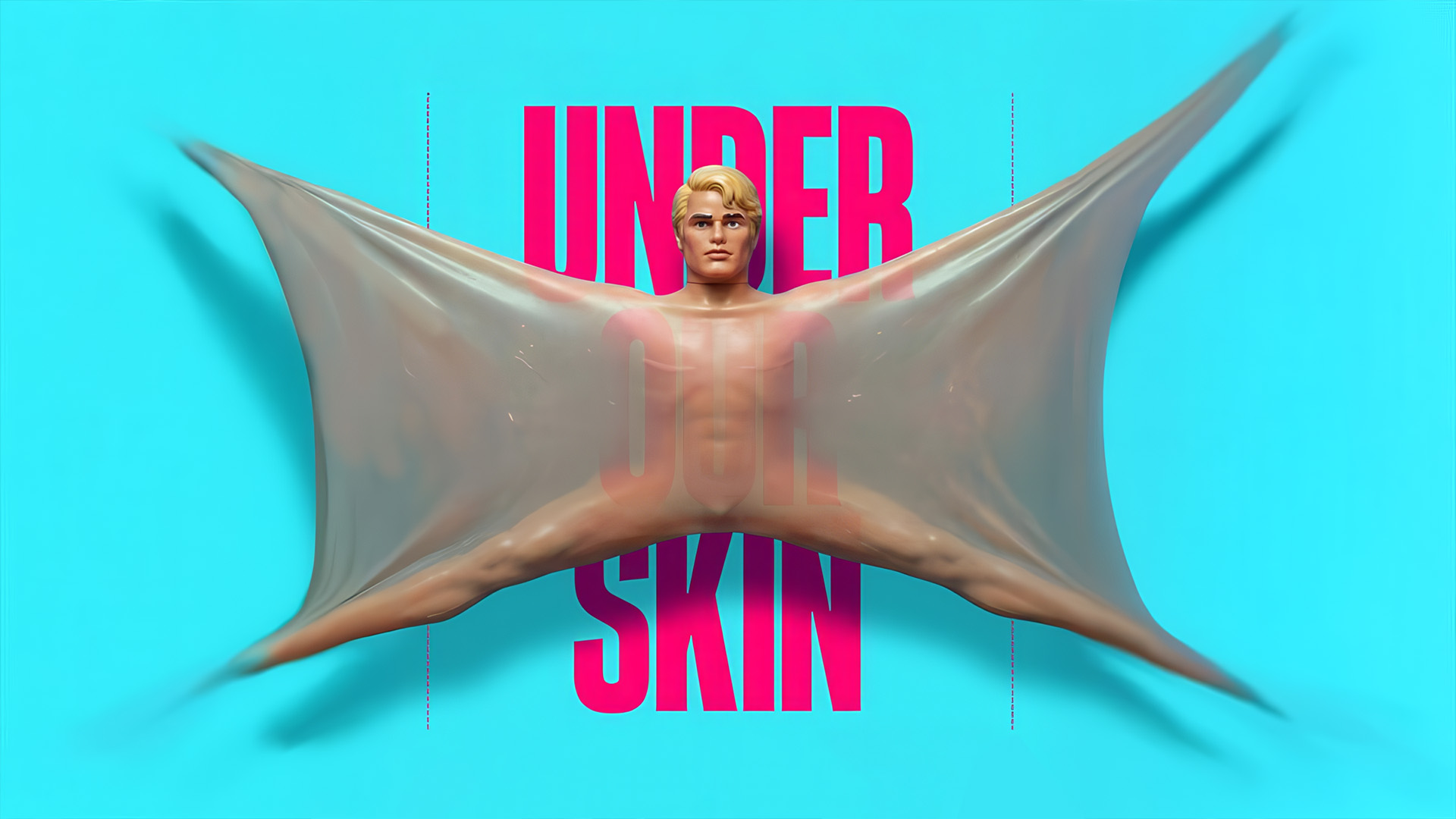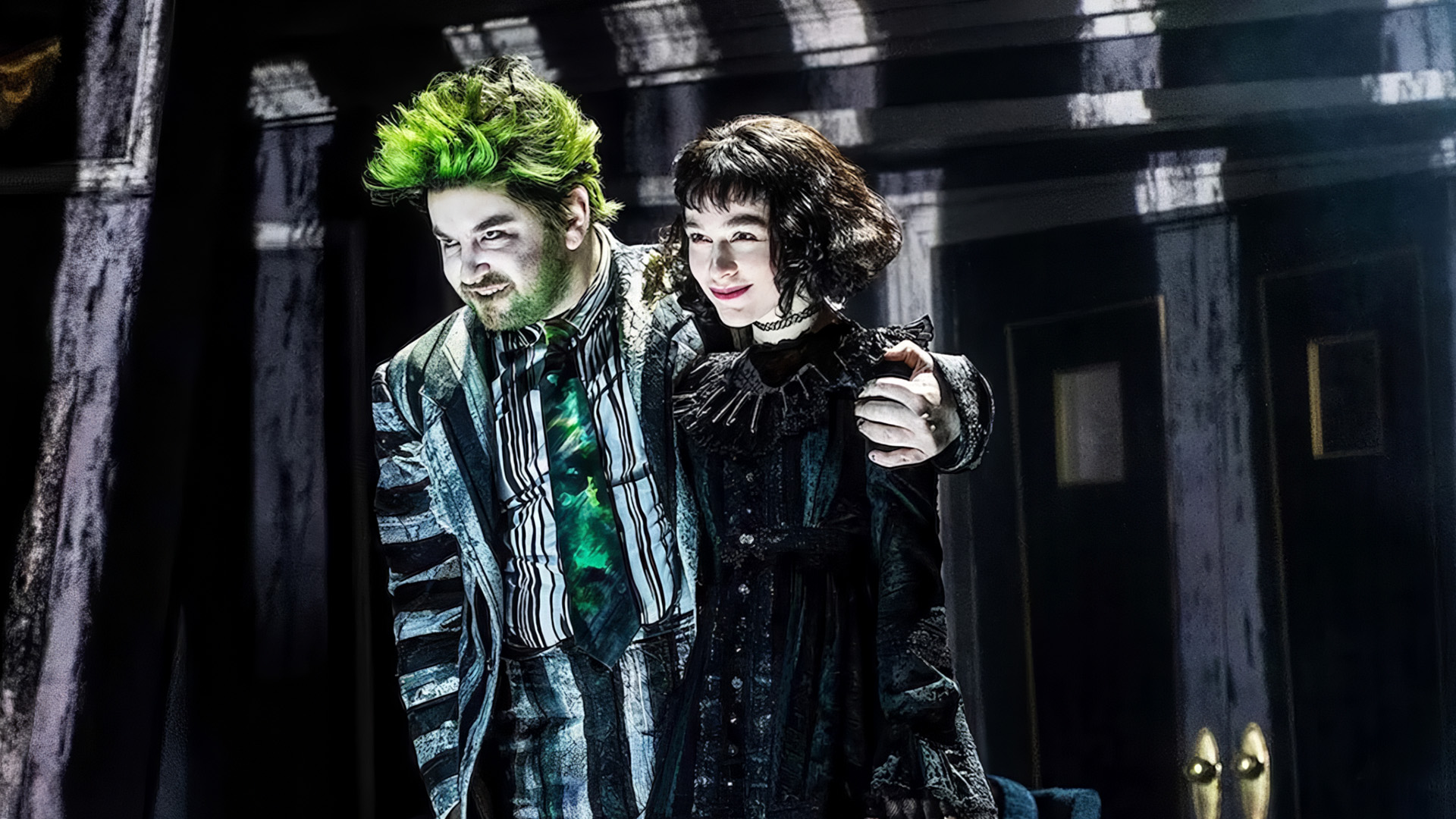Sophie Dupuis on Solo and the art of loving intensely
Filmmaker Sophie Dupuis reflects on her award-winning film Solo, sharing how she shaped its drag artistry, toxic love story, and celebration of queer resilience.
Sophie Dupuis on Solo and the art of loving intensely

When Solo premiered at the Toronto International Film Festival in 2023, it marked a turning point for Sophie Dupuis. The film, following young drag performer Simon as he navigates love, ambition and a destructive relationship, won the award for Best Canadian Feature Film and travelled widely on the festival circuit. Now presented in UK cinemas by Peccadillo Pictures, it gives British audiences a chance to discover a story that blends queer celebration with raw honesty.
For Dupuis, this release feels like both a continuation and a renewal. “We released the film two years ago in Montreal,” she says. “It’s fun to see that the film has a long life. And it’s my first time in the UK, my first time in touch with the queer community here. The discourse has changed since two years, so we’ll see how things go. But I’m very happy to be here to meet the audience. For me the film rewrites itself every time it meets someone new.”

Meeting the audience halfway
Dean: What has been the most surprising reaction you’ve had so far?
Sophie: “In Quebec, small programmers told me that Solo was kind of a mystery for their usual audience. Some people were tired of drag queens because it was the peak of conversation when we released the film. They were reluctant. But then they came and told me, ‘I wasn’t sure, but I loved it. I was touched by the love story. Now maybe I’m interested in going to a drag show.’ That was the most beautiful thing, to see people who thought they wouldn’t connect, suddenly moved.”
She adds: “The way I want to make films is to connect emotions with realities people might fear or ignore. When someone tells me their perspective changed, that maybe I did what I wanted to do. I want people to feel very intense emotions, because through that connection they can understand something new or even something they were afraid of.”

Writing intensity into Simon
Solo centres on Simon, played by Théodore Pellerin, who falls for Oliver (Félix Maritaud) while balancing the bond with his sister Maude. The relationship with Oliver becomes toxic, but Simon’s desire for intensity blinds him.
Sophie: “I always say I’m not writing about myself, but it’s our emotions that guide us. Théodore told me this was my most personal film. Like Simon, I’ve known toxic relationships, and I have this inside me, that desire to live and feel strongly. Maybe that’s why we accept intensity, even when it’s destructive. The scene where Simon says, ‘I want to feel things’ – Théodore told me, ‘Sophie, I’ve heard you say those words to me.’”
Building drag into cinema
The drag sequences are dazzling, but they were also a challenge. Dupuis knew that staging them would require not just authenticity but also cinematic energy.
Sophie: “We put a lot of effort and money into the looks, wigs, makeup, choreography. For me it was a love letter to drag artists. We wanted the realism of the bar, but also to show glamour and beauty. The first time Théodore walked in heels, it wasn’t good. I was worried. Two months later, after training, he came into a dance class and was fabulous. He worked his ass off.”
She remembers one particular moment: “The red mermaid dress in the final performance was the first drag number we shot. Everyone was stressed. But Théodore did it in one shot. Crew members cried. We knew we had it. That performance was improvised, and it was perfect.”
Casting beyond the script
Félix Maritaud, best known for Sauvage and 120 BPM, plays Oliver, Simon’s lover and eventual abuser.
Sophie: “I wanted a stranger, someone from outside Quebec. Félix was unapologetically himself, and I thought, if there’s bullshit in the script, he’ll tell me. So when I sent it to him, I said, if he doesn’t like it, I’ll have to go back to work. He loved it. He came to Quebec for months. We rehearsed, ate together, even spent Christmas together. We rewrote scenes through improvisation and built intimacy in real life. We wanted Oliver not just as a villain but as someone surviving his own suffering.”
She adds: “It was important to bring empathy to both characters. Félix insisted on understanding Oliver’s psychology and we all put pieces of ourselves into the scenes.”

Queerness without apology
Dupuis has often underlined that Solo is not a coming-out story.
Sophie: “The queerness of my character is not the problem of the story. It’s even celebrated. For me it’s time to do more films where queer characters thrive, where the drama comes from relationships, not identity. I like to see queer stories where the question isn’t ‘Will people still love me?’ but where characters are simply living, creating, performing.”
That vision also shaped the set. Many of the drag performers were cast from Montreal’s real scene and encouraged to create their own looks. Dupuis wanted the shoot to be a safe space where everyone could be themselves, building a sense of chosen family behind the camera as much as on screen.
Music as writing
Music became the backbone of the film’s structure.
Sophie: “We had to secure the rights before anything else. I’m Every Woman was a no-brainer. I wanted to start with ABBA, because for us that song always carries euphoria. Choosing the songs was a way of writing the film. Perfume Genius came at the end, re-recorded with a woman’s voice. And the score by Charles Lavoie captured Simon’s confusion, between stage ecstasy and off-stage collapse. A lot of people told us they listen to the soundtrack on its own, which means we built something lasting.”

Recognition and the next step
Winning Best Canadian Feature Film at TIFF was a milestone.
Sophie: “We were all screaming in the van when we heard. It was touching to see people felt the same thing we did, and to see a queer film recognised at that level. We were all there on stage for the Q&A, all queer, and it was very beautiful. For me it’s important to see queer stories celebrated this way.”
Looking ahead, she hints at a new direction. “I’m working on my next film. It will still be queer, but my most political film. I think it will open the most discussions and spark debate after screenings. I can’t say more yet, but I’m very excited.”
Closing reflection
Speaking with Sophie Dupuis, what strikes most is her balance of tenderness and clarity. Solo may be a story about drag and toxic romance, but beneath it lies her deeper wish: that audiences open their hearts to lives and emotions they might otherwise resist.
When asked to sum up the film in three words, she chose: “Electrifying, fabulous, destructive.” Those words capture not just Solo, but also the risk and beauty of living intensely—the very art that Dupuis brings to the screen.
🎬 Where to watch:
- Curzon Bloomsbury (from 19 Sept)
- The Garden Cinema, Covent Garden (19–21 Sept)
- Rio Cinema, Dalston (20 Sept, incl. naturist screening + Q&A)
- Barbican, London (19–25 Sept)
- HOME Manchester (19–25 Sept)
- Filmhouse Edinburgh (17 Sept Q&A with Sophie Dupuis, general run after)

Get weekly updates
.png)
Join Our Newsletter
Get a weekly selection of curated articles from our editorial team.




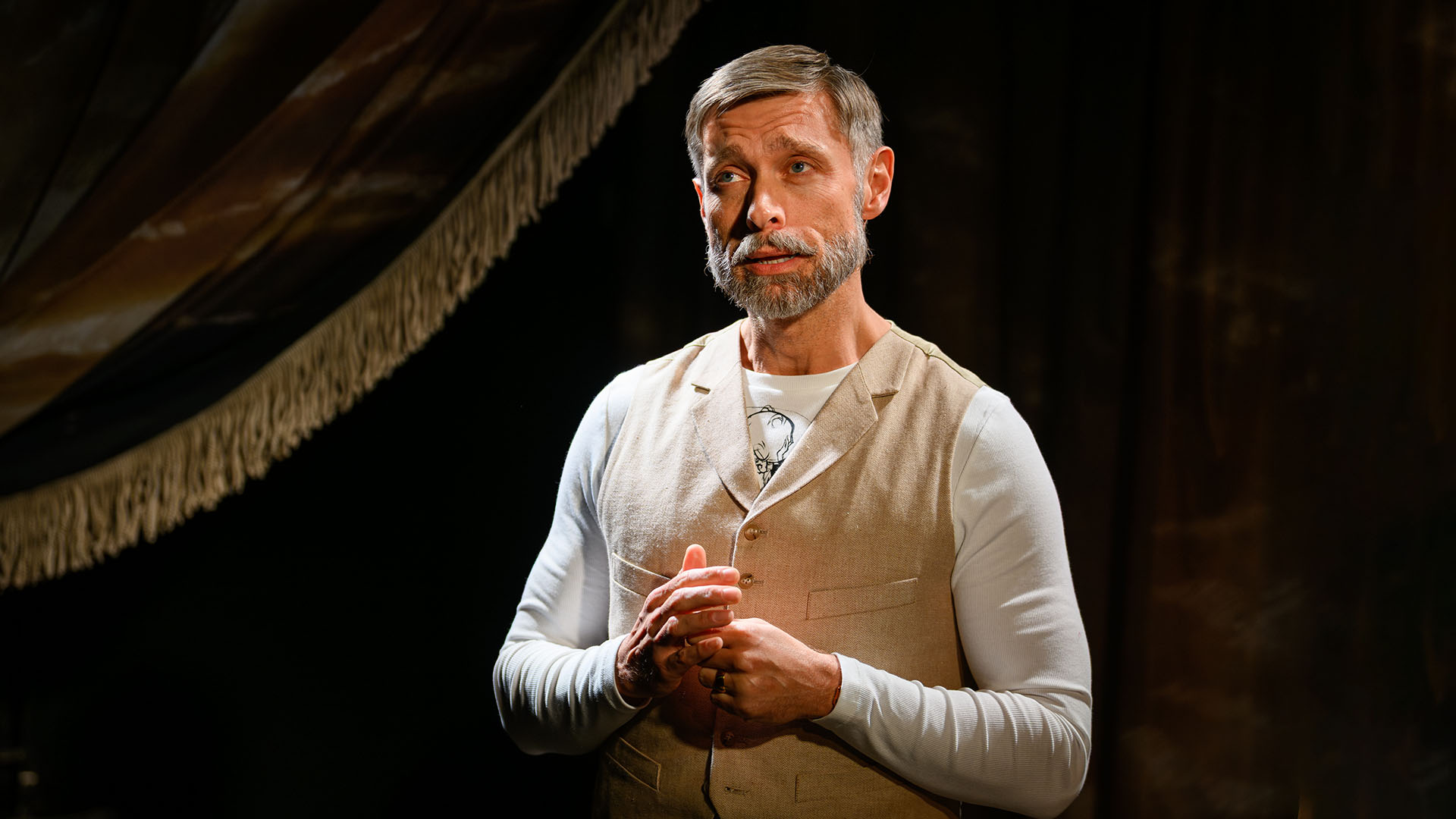
.svg)



